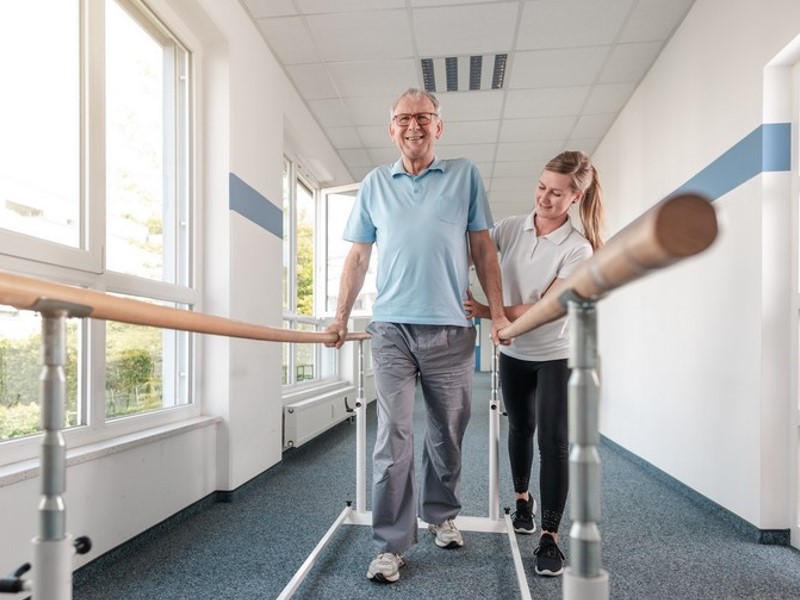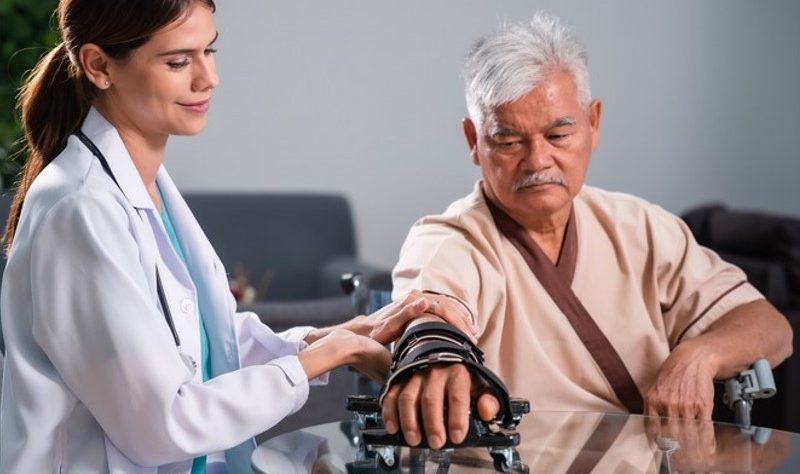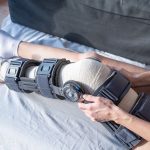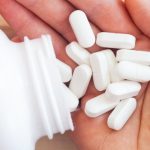A stroke is like a tornado that forms out of the blue, damaging lives and leaving behind a sense of uncertainty and confusion. This is why rehabilitation after stroke sometimes feels daunting for the survivor.
But despite the initial shock, there is still some hope at the end of the tunnel. After all, there is more to stroke rehabilitation than just gaining your physical abilities once again. The road to recovery is also a holistic journey that encourages the survivor to rediscover their enthusiasm to live and reclaim their once-lost independence.
Table of Contents:
Harness the Potent Power of Neuroplasticity
Resilience is the best way to describe the human brain. Damaged brain cells might no longer fully recover following a stroke. However, this is where the remarkable phenomenon known as neuroplasticity comes in.

Neuroplasticity is the ability of the brain to recognize itself and form new pathways and connections between healthy cells. The rehabilitation process can harness this potential as it stimulates the brain to compensate for the abilities it lost and reroute its functions.
Tailored Approach for Rehabilitation After Stroke
Rehabilitation after stroke is a tailored journey. The particular program will depend on the location and severity of the stroke and the pre-stroke goals and abilities of the person.
Several core components are typically included, such as the following:
Occupational Therapy
- Occupational therapy equips the patient with the necessary skills for performing day-to-day activities such as cooking, managing finances, and using a computer.
- Occupational therapists guide stroke survivors in discovering creative adaptations and solutions for tasks that they may now find challenging.
Physical Therapy
The focus of physical therapy is to regain strength, mobility, and coordination. Physical therapists assist patients in relearning basic tasks such as dressing, bathing, and walking to empower them to regain their independence in their day-to-day lives.
Speech Therapy
Rehabilitation after stroke may also involve reclaiming communication skills. A speech therapist helps patients recover their lost abilities to understand language, swallow safely, and speak. The therapists may also teach alternative methods for communication if necessary.
Dealing with the Emotional Toll
A stroke can have significant emotional impacts. Frustration, depression, and anxiety tend to be common. Programs for rehabilitation for stroke usually involve support groups and psychological counselling to assist patients in dealing with these challenges.
Stroke recovery is not a simple sprint, instead, it is a long and sometimes tedious marathon. Family and friends have an important role to play by offering support to the survivor during the process. The rehabilitation teams can also offer training and guidance for caregivers to empower them in helping with exercise, encouraging engagement in everyday activities, and offering emotional support.
Start Early with Stroke Rehabilitation
Time is extremely important following a stroke. An early intervention with rehabilitation after stroke can maximize the potential for the recovery of the brain. Rehabilitation should start right away once the patient becomes medically stable to ensure early recovery and for the person to return to normal life as soon as possible.









